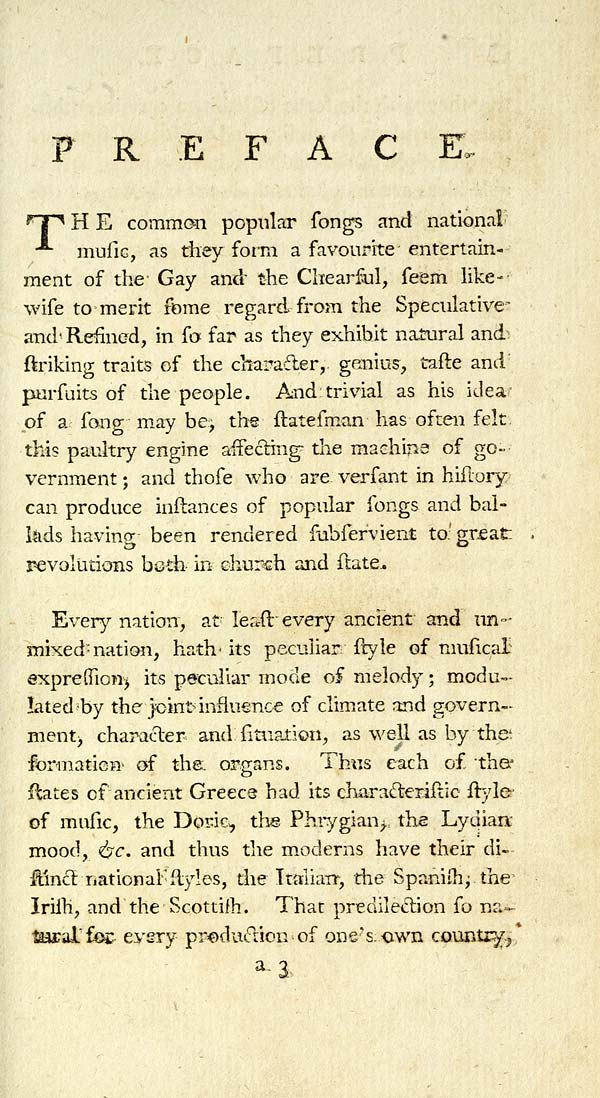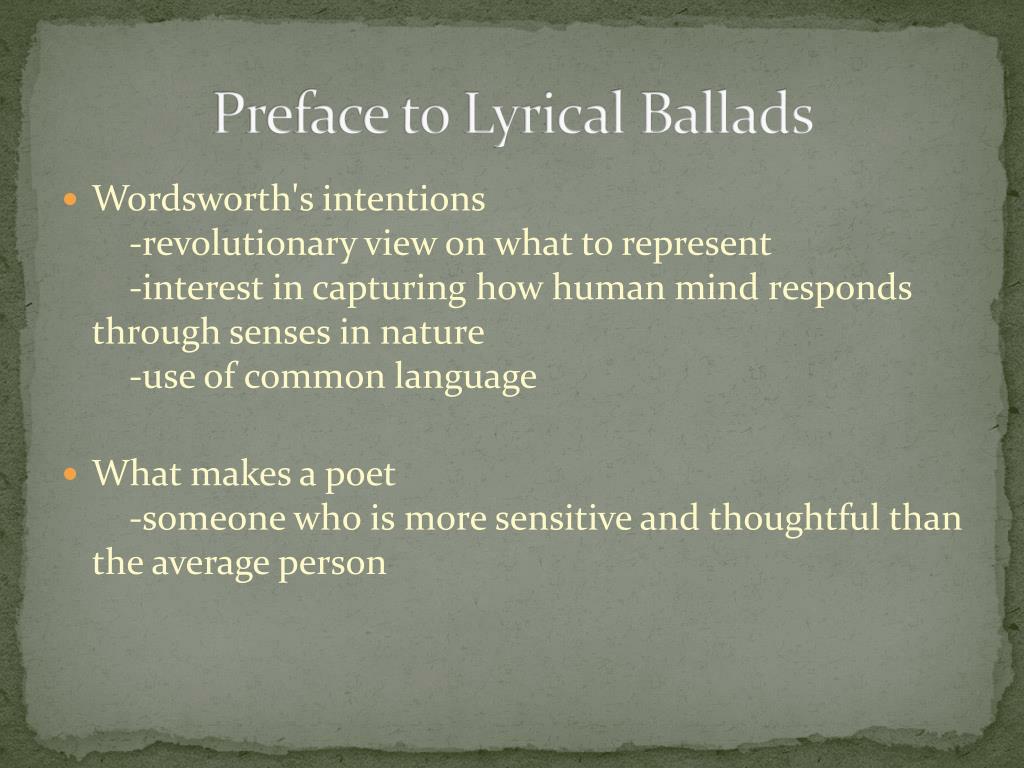

(Pound 1918, 5)ģIn this last sentence, a version of an oft-repeated dictum that poetry should be at least as well written as prose, which he admits borrowing from an observation first offered by Ford Maddox Hueffer, Pound comes extremely close to reiterating a claim Wordsworth also makes in the ‘Preface’, that ‘some of the most interesting parts of the best poems will be found to be strictly the language of prose, when prose is well written’ (Wordsworth 601) ‘the language of every good poem can in no respect differ from that of good Prose’ (Wordsworth 602).Ĥ Pound’s almost regular if characteristically unsubstantiated attacks on Wordsworth refuse what looks suspiciously like a kind of tacit agreement between the two poets, at least in terms of a shared concern pertaining to the intersection of poetry and prose.

Do not retell in mediocre verse what has already been done in good prose. It comes from the writer’s not realizing that the natural object is always the adequate symbol. It mixes an abstraction with the concrete. In an essay that has become as important to readers of Pound as Wordsworth’s ‘Preface’ is to readers of Wordsworth, namely, ‘A Retrospect’, Pound writes:ĭon’t use such an expression as ‘dim lands of peace’.

(Wordsworth 597)ĢPound himself chastised writers (and, implicitly, readers), neophyte and expert alike, over miscalculated uses of abstract expression. For instance, in a passage introducing his ‘Preface’ to Lyrical Ballads, Wordsworth launches a double attack upon polite Augustan poets and their readers describing Lyrical Ballads as written in a ‘selection of language really used by men’ thrown over by ‘certain colourings of the imagination’, he continues:Īccordingly, such a language, arising out of repeated experience and regular feelings, is a more permanent, and a far more philosophical language, than that which is frequently substituted for it by Poets, who think that they are conferring honour upon themselves and their art, in proportion as they separate themselves from the sympathies of men, and indulge in arbitrary and capricious habits of expression, in order to furnish food for fickle tastes, and fickle appetites, of their own creation.

Their defences each promote some series of innovations while polemically engaging conventions practised by misguided antecedents. 1Amongst the many English language poets to have participated in the endlessly necessary task of asserting the permanent value of the writing and the reading of poems, the various prose statements of William Wordsworth and of Ezra Pound are perhaps the best known.


 0 kommentar(er)
0 kommentar(er)
